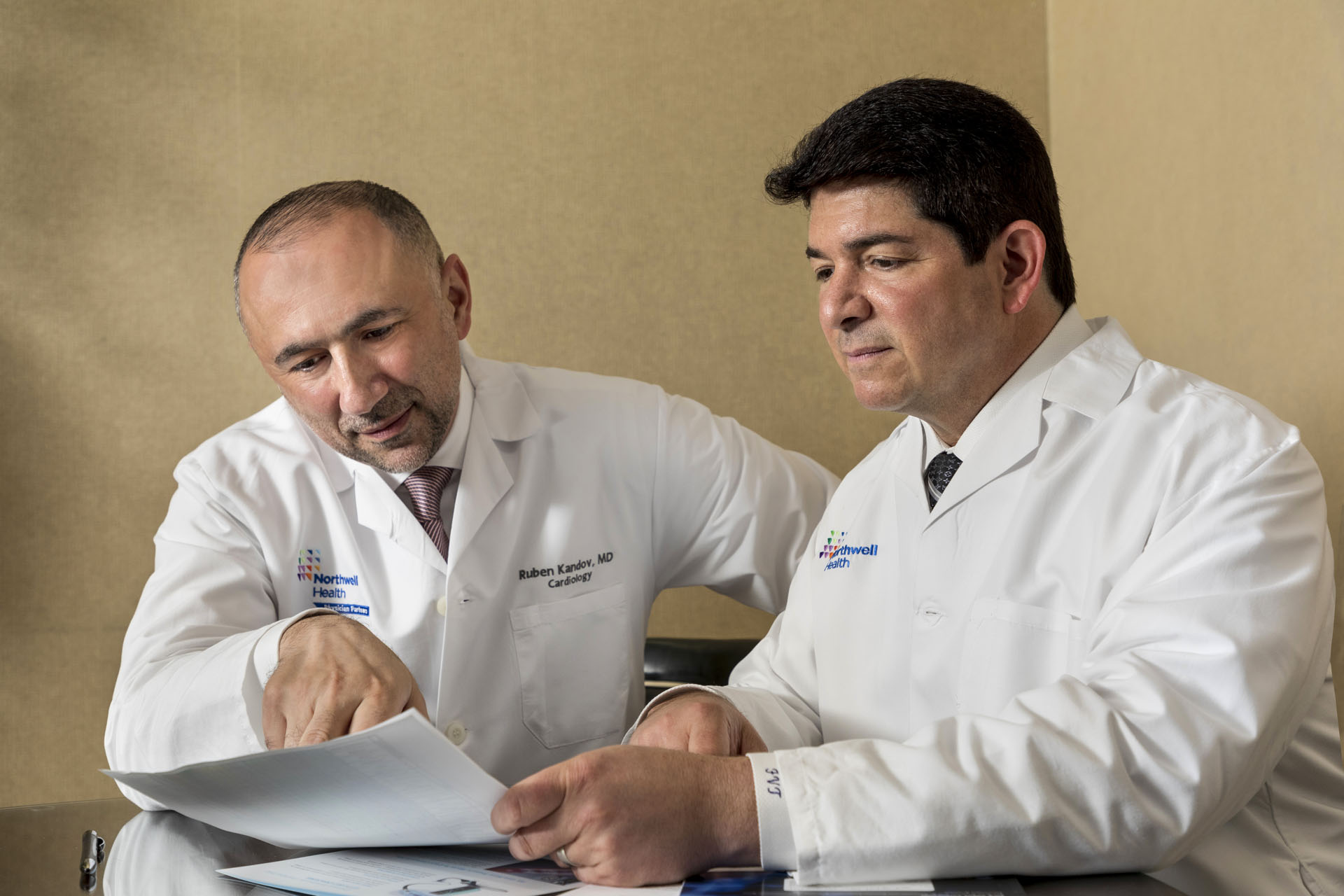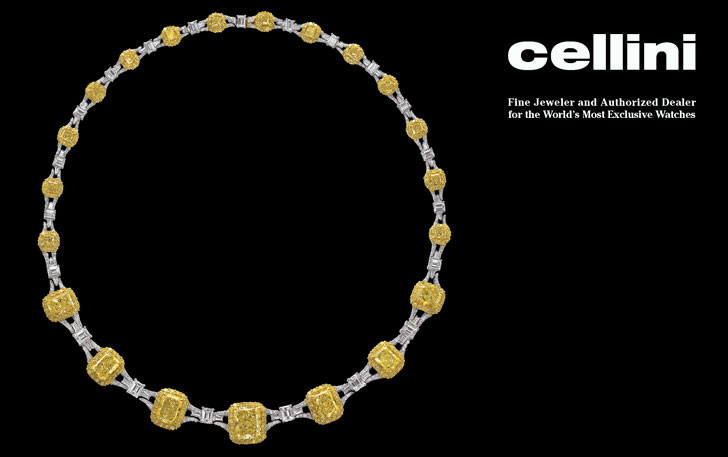THE CARDIAC INTERVENTION TEAM AT SIUH MAKES PROPITIOUS USE OF THE HOSPITAL’S NEWEST CATHETERIZATION LAB
BY JESSICA JONES-GORMAN • PHOTOS BY AMESSE PHOTOGRAPHY
As the director of Cardiac Intervention at Staten Island University Hospital, Dr. Frank Tamburrino, M.D., is passionate about therapeutic advances in cardiac care. Known for his technical expertise and work on complex coronary intervention and cardiogenic shock cases, the Staten Island native and his team of specialists have vigorously raised the bar for cardiac care in this borough, launching an innovative cardiac catheterization laboratory and initiating innovative CHIP and CTO programs.

“We’ve taken an approach in our interventional cardiology department to provide everything we can for the people of Staten Island,” said Dr. Tamburrino. “We have every modality you need for treatment here at this hospital and have worked hard as a system and as a team to make sure we can provide every tool and technique possible.”
A graduate of Monsignor Farrell High School, Dr. Tamburrino completed his residency and cardiology training at the former St. Vincent’s Hospital before completing a fellowship in interventional cardiology at Mount Sinai. He was inspired to pursue this particular branch of medicine after his grandfather passed away from a massive heart attack.
“I was just a kid when it happened but what affected me most about his death was that there was nothing the doctors could do,” said the doctor. “Today of course there are so many advances and solutions – a heart attack is no longer a death sentence – and we have so many revolutionary tools and procedures right here at our fingertips.”
Introducing several new interventional therapies and programmatic advances in 2019, the hospital has established a strong reputation for delivering critical care to patients who were previously considered too high risk for traditional treatments. Employing minimally invasive coronary interventions and utilizing new technology that allows doctors to treat complex lesions in the coronary arteries, the team has built a strong system of exemplary coronary care in the borough.

“Two new cath lab rooms were put in place in 2018, and we are currently in the process of introducing a third,” noted Dr. Ruben Kandov, director of SIUH’s Cardiac Catheterization Lab and head of the hospital’s interventional cardiology fellowship training program. “It’s an amazing development because we can offer patients all of the latest techniques and procedures.
Innovation has given us so many new opportunities to attack the burden of heart disease. We can now tend to the sickest of patients, who ten years ago would have been told to go home because they were too high risk.”
Detailing the hospital’s participation in some revolutionary, life-saving techniques, Dr. Kandov credited the entire Northwell system for providing the support to make this innovation possible.
“This is a locally run, close-knit hospital that has this humongous system behind us, providing all of the devices, rooms, equipment, and ability to perform these groundbreaking procedures,” said Dr. Kandov. “Patients have the benefit of being cared for in a community setting but they also have the support of this large system. It truly is the best of both worlds.”

SIUH offers a revolutionary Complex High Risk Percutaneous Coronary Intervention Program (or CHIP), designed for those with complex anatomy, multiple co-morbidities (chronic conditions), or poor hemodynamics (blood flow), which allows interventional cardiologists to provide potentially life-saving care to patients who could not have withstood an invasive cardiac procedure.
The hospital also offers a Complex Total Occlusion Program (CTO) aimed at healing patients who have 100% blocked coronary arteries and are experiencing chronic chest pain despite medications. Due to recent advances, such arteries, which previously were considered untreatable, can now be opened and stented, Dr. Kandov explained.
Patients are rigorously selected for both programs via a multidisciplinary team, including cardiologists, cardiothoracic surgeons, and interventional cardiologists. Once a patient is identified as a candidate, a detailed plan of care is created. Both minimally invasive techniques require a small recovery period, allowing patients to return to daily activities within a short timeframe.
“Our chair of the department of Cardiology, Dr. Mitchell Weinberg, has done a tremendous job at expanding the lab and bringing in new modalities,” noted Dr. Tamburrino. “We have a high volume of heart disease on Staten Island and a large cohort of very high risk patients. Because of that volume, these labs were a necessity. We can now offer every groundbreaking technique. There is not a single modality in interventional cardiology that we cannot provide for patients.”
The cath labs are used by a range of different cardiovascular specialists and allow the SIUH cardiology team to perform treatments like TAVR or transcatheter aortic valve replacement – a minimally invasive heart procedure that replaces a narrowed aortic valve that fails to open properly as the result of aortic valve stenosis.
“This hospital has made a commitment to the community to consistently expand upon its services,” said Dr. Tamburrino.

Recently partnering with the department of radiation oncology to provide coronary brachytherapy, a procedure recommended for patients with coronary artery disease (CAD) who have had stents placed and have developed scar tissue within the stent leading to blockage, SIUH’s interventional specialists are continually broadening their scope of work.
“We’re experiencing wonderful volume and results,” noted Dr. Tamburrino. “We approach every case as a team, host conferences weekly, figure out the best course of treatment for each patient, and adhere to it collegially. This program has advanced dramatically in the past three years and I’m really looking forward to seeing how it will develop next.”
Interventional Cardiology
siuh.northwell.edu/cardiology / SICardiologyAppts@northwell.edu
833.SI.HEART
